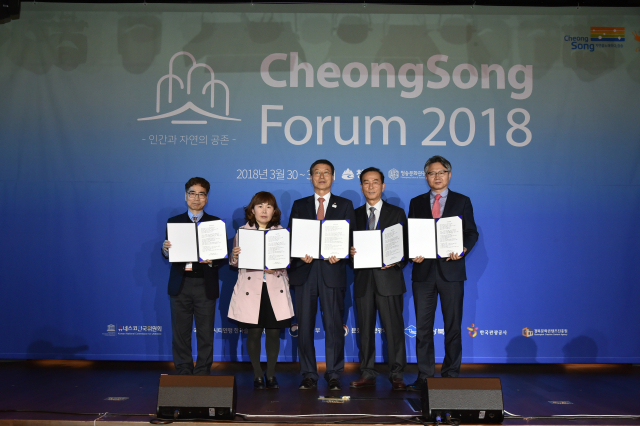
CheongSong Forum dreams of becoming a Korean Davos Forum.
Finding solutions to the global crisis at Cheongsong,
where there is a slow city, a geopark and a national park
"Coexistence of humans and nature" is one of the most important tasks in the human history.
As humanities and social science develop, the history of conquest and destruction repeats itself. For this reason, the balance of nature is being broken or faces change. Large seismic earthquakes and tidal waves and abnormal weather phenomena, such as ozone depletion, greenhouse effects, El Niño and La Niña, can be fatal threats to the human civilization.
To solve problems between humans and nature—the most primal and fateful problems ever, world-renowned scholars gathered at Cheongsong and put their heads together. You may wonder why they chose Cheongsong as a place for a forum.
Cheongsong is one of the smallest cities in Korea, with a population of 26,000 people, located in a remote area. But Cheongsong is like a jewel to them. It is the only city in the world that has been awarded the Slow City status and has a UNESCO geopark and a national park. The scholars regarded Cheongsong as a place where humans and nature coexist most stably in the world. For two days on Mar 30 and 31, 2018, about 500 global experts from Korea, the UK, Italy, Australia, Uruguay, Japan and other countries gathered at Daemyung Resort Cheongsong, to attend CheongSong Forum.
CheongSong Forum Opens to Discuss Coexistence between Humans and Nature
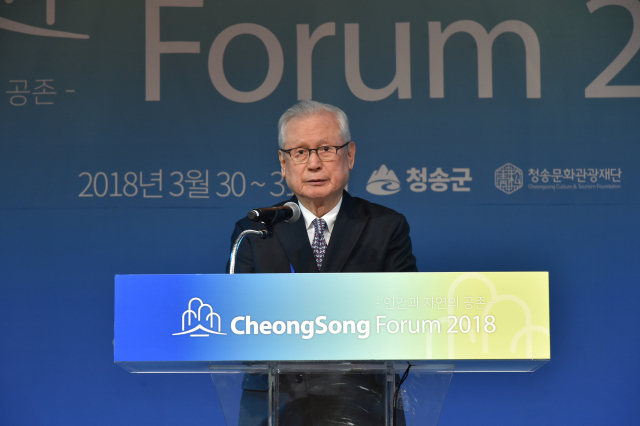
The opening ceremony of CheongSong Forum was held under the theme "coexistence of humans and nature" at Daemyung Resort Cheongsong, in the morning on Mar 30. Synn Ilhe, an honorary chairman of CheongSong Forum (president of Keimyung Univerity) stressed the importance of the forum in his welcoming speech.
"Today, this forum will prove the possibility that things bearing the characteristics of Cheongsong can be one of the most global," said Synn. "CheongSong Forum will be the foundation to prepare environmental policies, inherit and develop traditional arts and establish bonds of friendship with other areas."
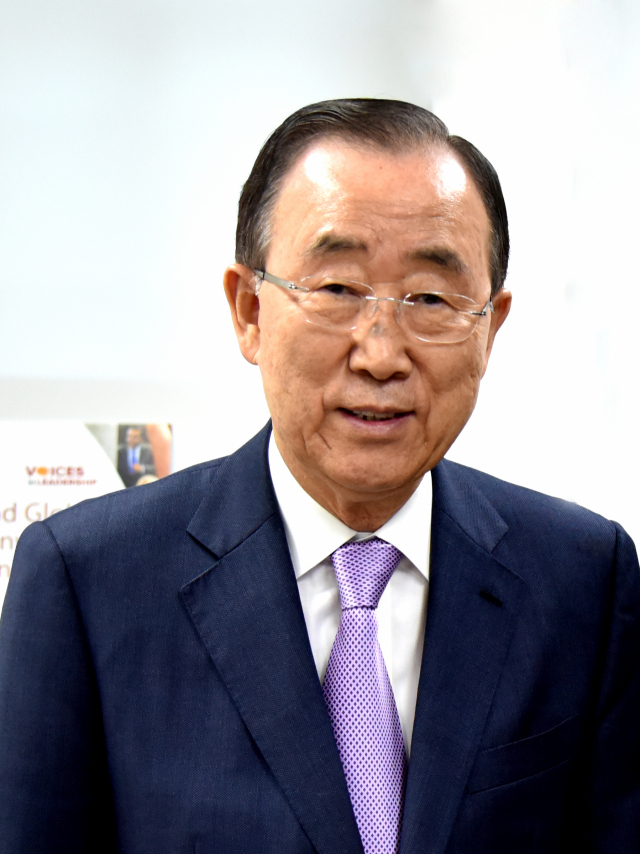
Former Secretary-General Ban Ki-moon expressed his support for the forum. He said in a video, "The climate change issue is not limited to certain countries. It is significant that local cities like Cheongsong take lead in solving climate change problems." He also added, "I hope Cheongsong can become a new model and an exemplary case to invigorate farming villages in Korea."
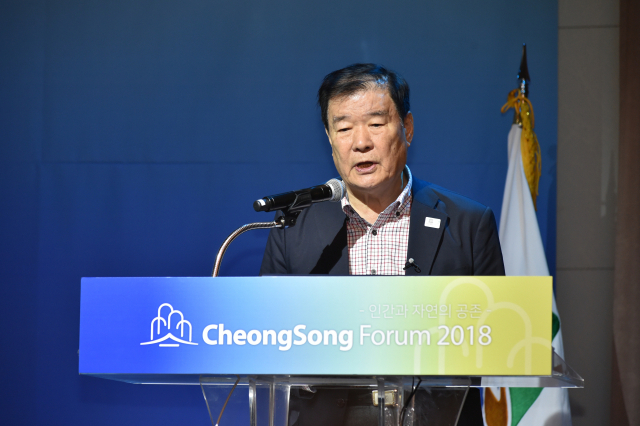
Novelist Kim Joo-young, the keynote speaker, said that the forum can be seen as a "counterattack by Cheongsong at the crisis of local extinctions." Kim also said, "The crisis of the extinction of local governments, including Cheongsong-gun, is approaching fast. Cheongsong-gun faced such a crisis and has made the best use of its natural assets to become a global city brand and has exerted its competences in the MICE industry and other industries. And it finally hosts CheongSong Forum."
Korean and Foreign Experts Stress in Unison "Sustainable Development for the Coexistence of Humans and Nature"
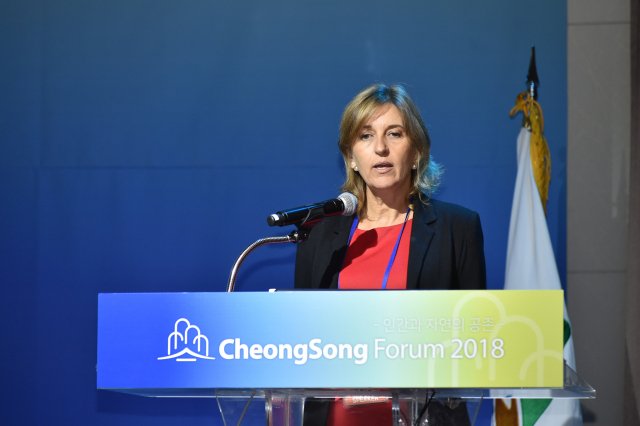
Helga Chulepin, a member of the UNESCO Global Geoparks Council, gave the first keynote speech titled "UNESCO global geoparks and SDG (sustainable development goals)" at CheongSong Forum 2018. Chulepin said, "Conflicts between humans and nature are mostly caused by humans, for example, population growth and humans' use of natural resources." She also stressed that "such conflicts should be resolved based on technology and knowledge." She explained the Constitution of Ecuador, saying that Ecuador is a country that values nature the most in the world. She said, "The constitution contains the phrase 'worship of nature' and provisions of the Constitution contain the expression 'nature's rights,'" adding that "Ecuadoreans regard nature as a being like a human being and protect nature's rights."
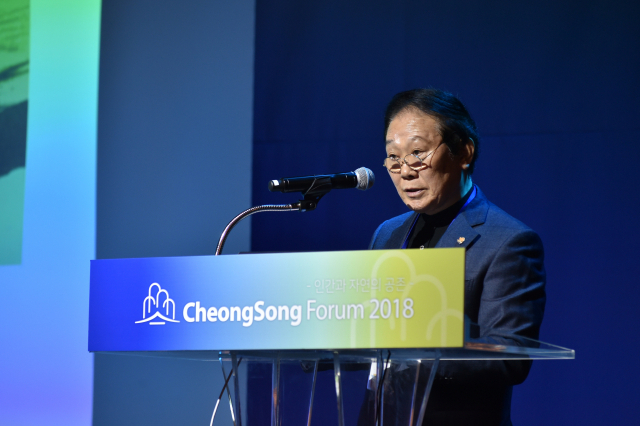
The second keynote speech was given by Sohn Dehyun, the coordinator of the National Cittaslow Corea Network.' Sohn said, "Happiness can never be found from standing against nature. It can be found from harmonizing with nature." He also warned of danger caused byhuman activities destroying nature, saying that humans are engaging in a fierce World War Ⅲ fight with nature. He added, "About 15 million people were killed during World War I, and over 50 million during World War II. World War Ⅲ would claim far more lives, and slow cities would help stop the war."
Based on the keynote speech, the forum was divided into four sections: geopark, slow city, climate change and geotourism.
In the geopark session, Jang Yun-deuk, a professor at Kyungpook National University, explained the efforts of Cheongsong to be listed in UNESCO'S Global Geoparks Network and those who made the efforts behind the scenes. Choi Ok-gon, a research fellow of the National Geoparks of Korea, gave a presentation about the current situation of national geoparks, the concept of geoparks and cases of geoparks where humans and nature coexist. Akinobu Ishimatsu, an official from Aso UNESCO Global Geopark, gave a presentation on Aso UNESCO Global Geopark.
In the slow city session, Pier Giorgio Oliveti, general secretary of Cittaslow International, explained the spirit, purposes and future directions of Cittaslow International. He showed humans' life in cities where the life is adapted to nature, with examples of slow cities in Italy, Iceland and Norway. Nigel Bell, representative of the Katoomba residents' meeting, explained natural resources of Katoomba, Australia, and talked about how residents use the natural resources, using pictures and videos. Timothy Jung, a professor of Manchester Metropolitan University in the UK, talked about how people can have an indirect experience of world heritages if the technology of augmented reality is applied.
In the climate change and geotourism sessions on the second day, current phenomena and tasks facing humans were discussed. Kim Tae-young, a professor at Gyeongsang National University, explained climate change and counterstrategies in the agricultural field. He argued that there is an urgent need for a great shift in energy policies and that a foundation to reduce greenhouse gases should be established. Kim Chang-hwan, a professor at Kangwon National Uniersity, stressed the importance of geotourism and geo-storytelling. Park Min-young, a professor at Sungshin University, stressed the importance of the conditions and evaluations of Cheongsong's geotourism. Lee Su-jae, a senior researcher at the Korea Environment Institute, emphasized that the conservation of natural resources can have a positive effect on tourism profits and that natural resources can be used in various industries.
CheongSong Forum
Declaration
The ultimate goal of life is in the pursuit of happiness.
In modern society, nature has been destroyed, life ravaged, and local communities fallen in crisis of extinction due to the conflict between countries, urban expansion, environmental destruction and climate change caused by human greed.
We have gathered in Cheongsong, an "area of clean nature" to explore new possibilities that the whole humanity can be happy together from various angles through a solution, that is, "coexistence of humans and nature."
We seriously discussed human life and ways to bring about sustainable development in local communities for the last two days. As a result, we have concluded that we must keep Cheongsong fully invigorated through the coexistence of humans and nature while recovering the breadth of mind and pursuing the value of being slow to gain happiness, the ultimate goal of life.
All participants here hope that the results of this forum for the "coexistence of humans and nature" will become a foundation for happiness in the world beyond local communities and hereby urge the whole world to join our efforts made with this purpose.







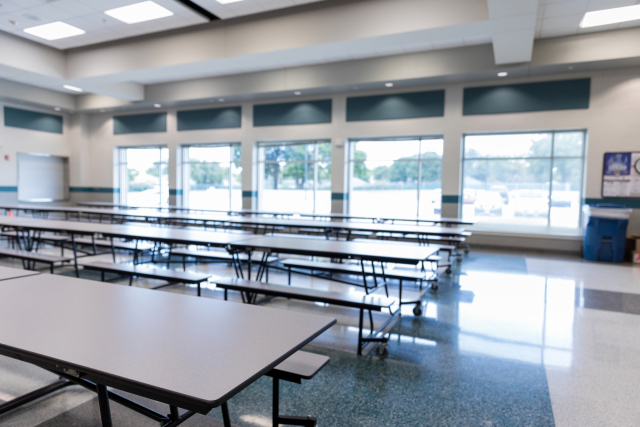

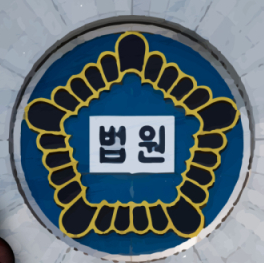




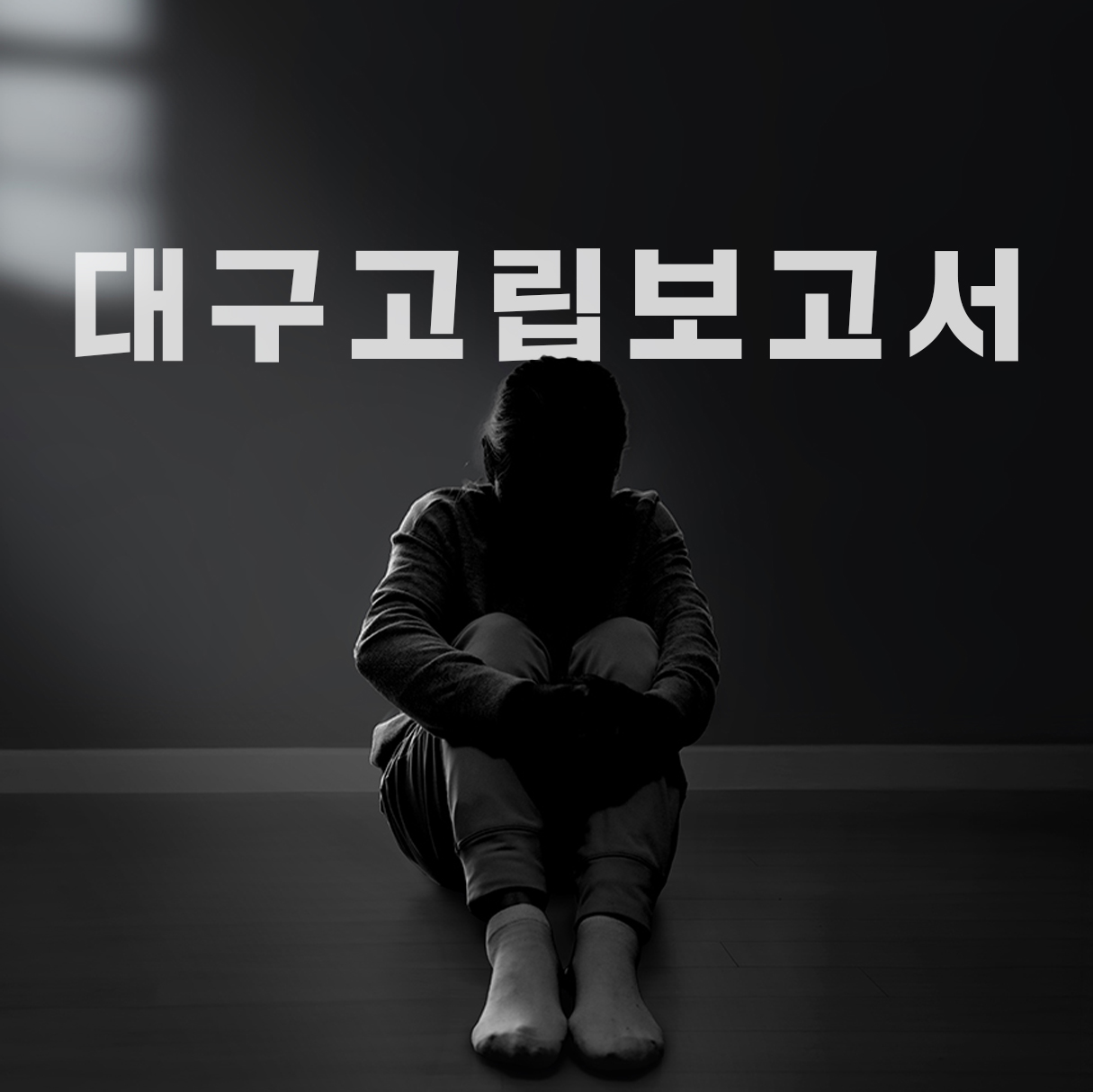


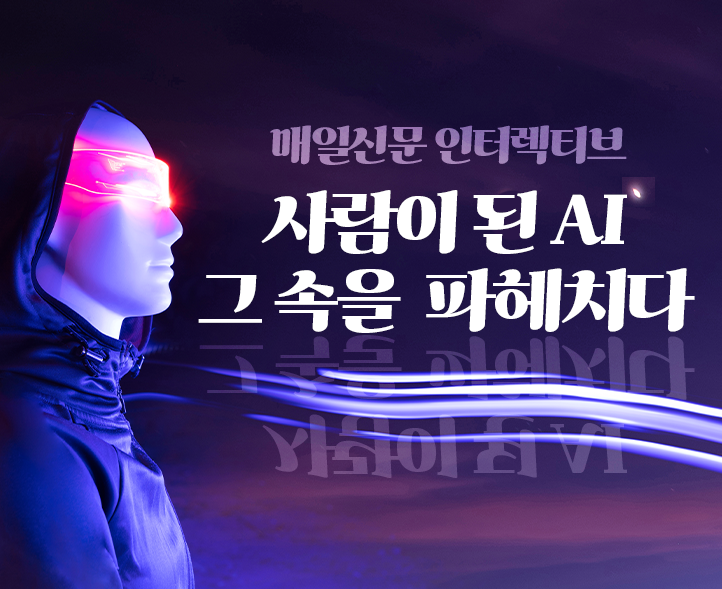
















댓글 많은 뉴스
국민의힘 최고위, 한동훈 전 대표 '제명' 확정
친한계, '한동훈 제명'에 오후 1시20분 기자회견…입장 발표할듯
국힘 친한계 의원 16명, 한동훈 제명에 '지도부 총사퇴' 요구
李대통령 "담배처럼 '설탕 부담금'은 어떤가" 제안
수도권에 '6만호' 공급 폭탄…李대통령 공언 엿새 만에 뒤집은 정부